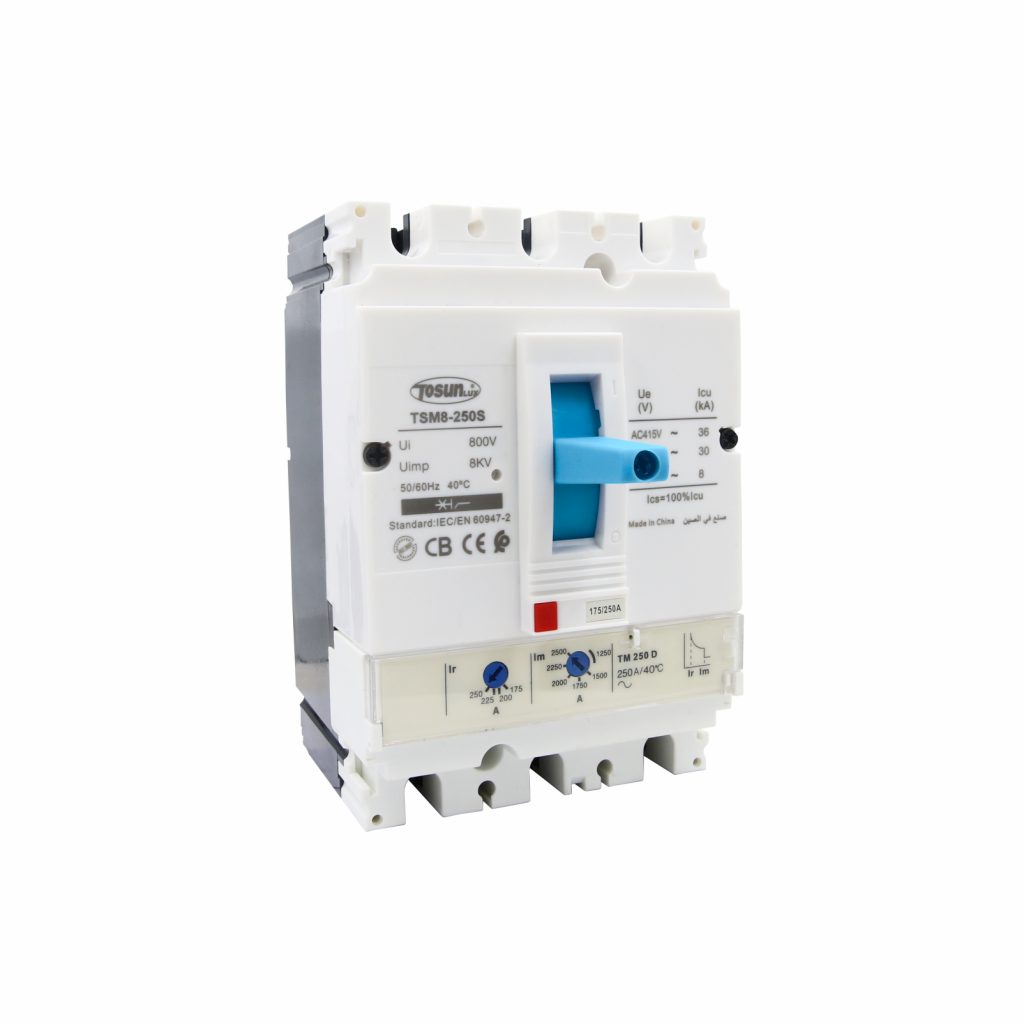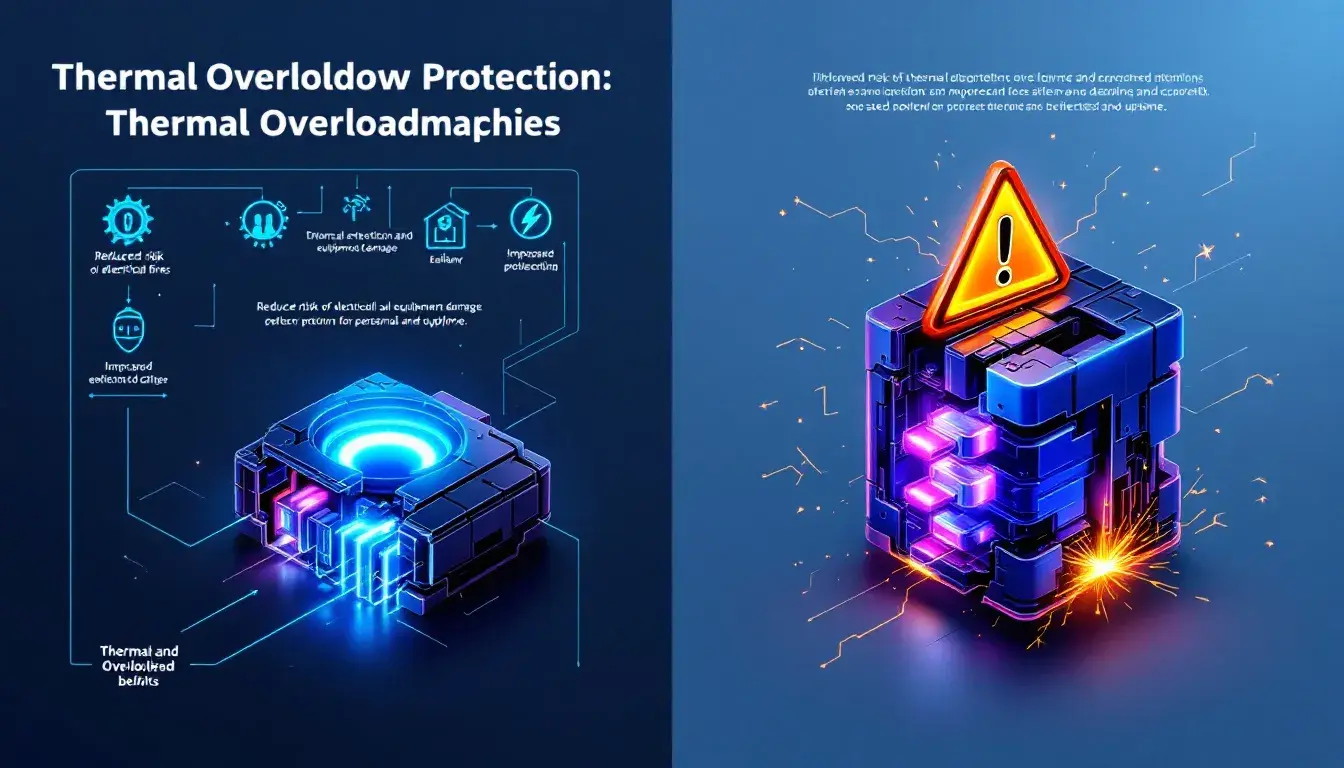Why Is My Circuit Breaker Tripping?
Table of Contents
ToggleWhen your breaker keeps tripping, it can be frustrating and puzzling. The breaker is meant to keep you safe, so understanding why it trips and how to handle it can save time, stress, and potential hazards.
In this guide, we’ll go through the common causes of a tripped breaker, ways to prevent it, and tips on dealing with tricky situations.
Common Causes of Circuit Breaker Tripping
Why does a circuit breaker trip? A circuit breaker trips randomly to protect you. When it detects a problem, it shuts off power to stop issues like overheating. Here are some typical causes:
Overloaded Circuits
If a circuit has too many devices drawing power at once, it’s more likely to overload. This happens a lot in rooms with many outlets, like kitchens and living rooms. Too much demand causes the breaker to trip, cutting off power to prevent wires from overheating.
The solution? Manage the number of devices connected to it.
Short Circuits
Short circuits happen when a hot wire touches a neutral wire, creating a low-resistance path and allowing more current than the circuit can handle. This causes an intense surge, which trips the breaker.
Short circuits are dangerous and may lead to electrical fires if improperly handled. If you suspect a short circuit, consult an electrician.
Ground Faults
Ground faults occur when a hot wire touches the ground wire or a metal part of a box, causing extra current to flow through unintended paths. They are similar to short circuits but typically happen in areas with high moisture, like bathrooms or kitchens. Ground faults trigger the breaker to trip for safety.
Old or Faulty Breakers
Sometimes, it’s the breaker itself that’s the problem. Over time, breakers wear out, leading to weak performance. A worn-out breaker might trip more often or fail to function correctly, posing a safety risk. If you think you have a faulty breaker, better replace it.
Arc Faults
An arc fault happens when there’s a problem with the wiring, causing an electrical arc. An electrical arc differs from a regular short or ground fault and requires an arc-fault circuit interrupter (AFCI) breaker to detect and prevent it. Arc faults are common in older wiring or damaged cords.
Appliances Can Cause a Tripped Circuit Breaker
Certain appliances are more likely to cause tripping. Let’s look at a few examples:
Air Conditioners and Heaters
Heating and cooling appliances require significant power to operate, especially when they’re running at full capacity. Plugging them into a circuit already in use by other devices increases the risk of tripping.
Refrigerators and Freezers
These appliances work around the clock to keep food fresh, drawing substantial power in the process. Having other high-power devices on the same circuit may lead to frequent tripping.
Microwaves and Hair Dryers
Both of these appliances use intense bursts of energy for short periods. If you have other appliances plugged into the same circuit, you’ll likely overload it when the microwave or hair dryer is in use.
Washing Machines and Dryers
Laundry appliances also demand a lot of power. If your breaker trips every time you do laundry, it might be because the circuit is overloaded or because the appliance itself has issues.
FAQ About Breakers That Keep Tripping
Why does my circuit breaker keep tripping even when I unplug things?
A circuit breaker trips because of wiring issues, such as a ground fault or short circuit. If unplugging devices doesn’t help, you may need an electrician to inspect your wiring.
Is it risky if my circuit breaker keeps tripping?
Regular tripping may indicate a hidden issue, like a faulty breaker or an overloaded circuit. Ignoring this could result in serious problems, including electrical fires.
Can a circuit breaker wear out?
Yes, over time, breakers can wear out and become less effective. If your breaker trips often and you’ve ruled out other issues, it may be time to replace it.
What do I do if my breaker won’t reset?
If a breaker won’t reset, try turning it off and on again. If it still doesn’t work, there may be a short circuit, ground fault, or an issue with the breaker itself. Consult a professional if this happens.
How do I know if my breaker box is overloaded?
If you notice frequent tripping, especially when multiple devices are in use, your breaker box might be overloaded. An electrician can help you determine whether you need additional circuits or an upgraded breaker.
About TOSUNlux
At TOSUNlux, we understand the importance of a reliable circuit breaker. Our products are built with safety and quality in mind, providing dependable circuit protection for homes and businesses.
Visit our website or contact us today to get a quote!
Tel: +86-577-88671000
E-mail: ceo@tosun.com
Skype: tosunelectric
Wechat: +86-139 6881 9286
WhatsApp: +86-139 0587 7291
Address: Room No.1001 Wenzhou Fortune Center,Station Road, Wenzhou, China
REQUEST A QUOTE
WhatsApp us
 : +86-139 0587 7291
: +86-139 0587 7291 English
English Español
Español Русский
Русский Français
Français العربية
العربية Português do Brasil
Português do Brasil Українська
Українська Türkçe
Türkçe Polski
Polski Nederlands
Nederlands Italiano
Italiano Bahasa Indonesia
Bahasa Indonesia हिन्दी
हिन्दी اردو
اردو አማርኛ
አማርኛ Հայերեն
Հայերեն ไทย
ไทย Монгол
Монгол فارسی
فارسی Shqip
Shqip Ελληνικά
Ελληνικά



